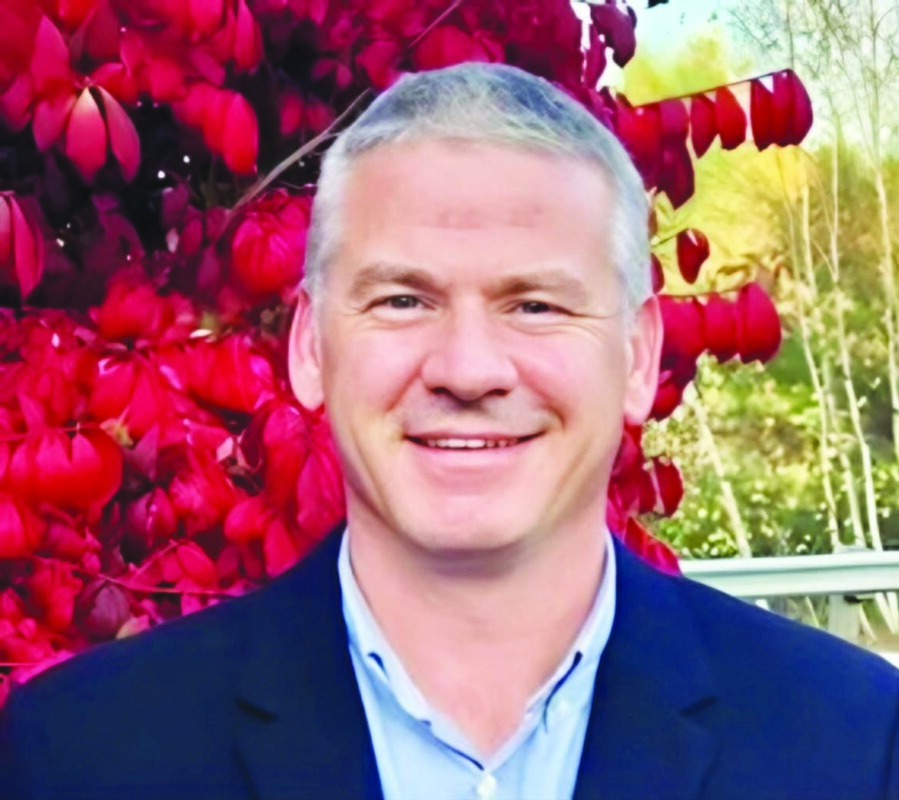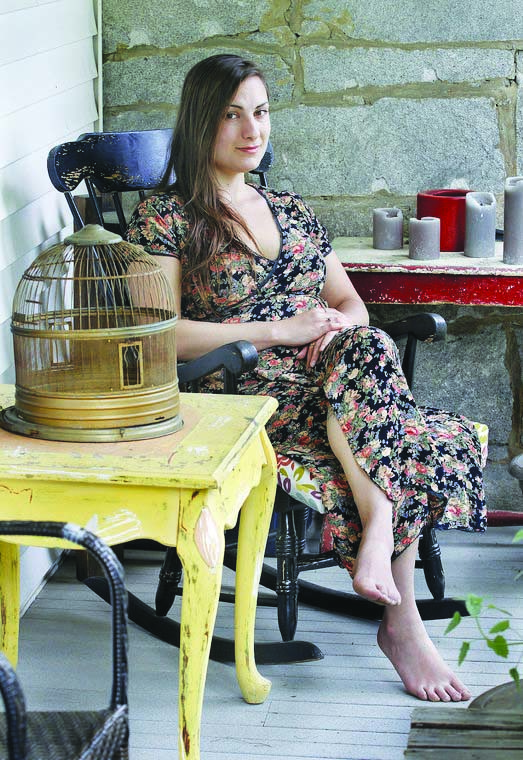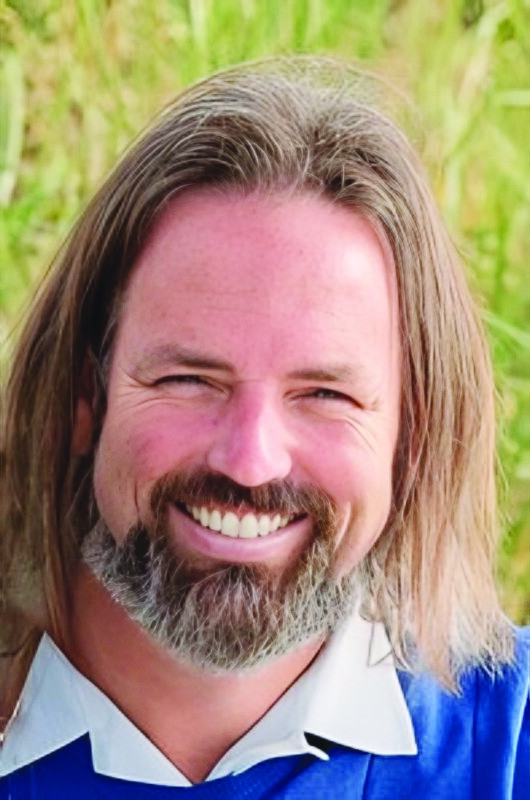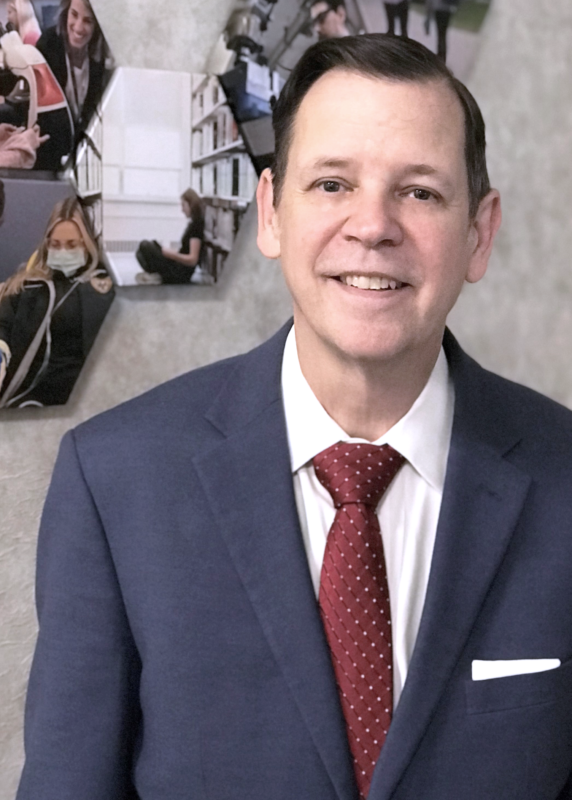Power coalition CEO
Brian Callnan is the newly appointed CEO of The Community Power Coalition of New Hampshire, based in Concord, which empowers local communities to choose their energy sources, collaborate with utilities to upgrade energy infrastructure and provide inclusive electricity supply rates and services to all program participants.
Explain your job and what it entails.
I’m lucky enough to help spread nonprofit power opportunities for communities throughout New Hampshire.
How long have you had this job?
I just started and couldn’t be more thrilled with everyone I’ve met at CPCNH so far. It’s a great organization.
What led you to this career field and your current job?
I’ve been dedicated to the public, nonprofit model of delivering electricity for 20 years. I started out in Vermont with a focus on energy efficiency and quickly found myself working on securing renewable power options for municipal utilities and cooperatives.
What kind of education or training did you need?
I focused on resource economics in college and found that it really helped with my choice of work. Continuous training has kept me energized in this ever-changing industry. Training has helped me learn about the many different ways to meet the needs of distributed energy resources like solar PV and electric vehicles as more and more folks adopt these technologies.
What is your typical at-work uniform or attire?
I should probably wear a tie more often, but somehow they went missing.
What is the most challenging thing about your work, and how do you deal with it?
We have so many opportunities to provide great service to our communities, and finding that we need to focus on the ones with the greatest benefits first has become a challenge.
What do you wish you’d known at the beginning of your career?
Try to find the smartest people you can to work with, even if they don’t have the exact skill set you need.
What do you wish other people knew about your job?
That you get to work with some really great people. We have some excellent minds in the industry that are working hard to make long-lasting change that focuses on the clean, efficient use of electricity. It’s a lot of fun to work with them.
What was the first job you ever had?
I started working at 13 for a sawmill right across our road. I moved a lot of lumber with my best friend that summer.
What’s the best piece of work-related advice you’ve ever received?
Always include an idea you at first don’t like; it may end up being the best for everyone.
Five favorites
Favorite book: I love the Foundation series by Isaac Asimov
Favorite movie: Polar Express around Christmas
Favorite music: The In Sound from Way Out! Beastie Boys album is often playing.
Favorite food: My wife’s chicken paprikash
Favorite thing about NH: Our skiing in the winter and our lakes in the summer
Featured photo: Brian Callnan. Courtesy photo.






